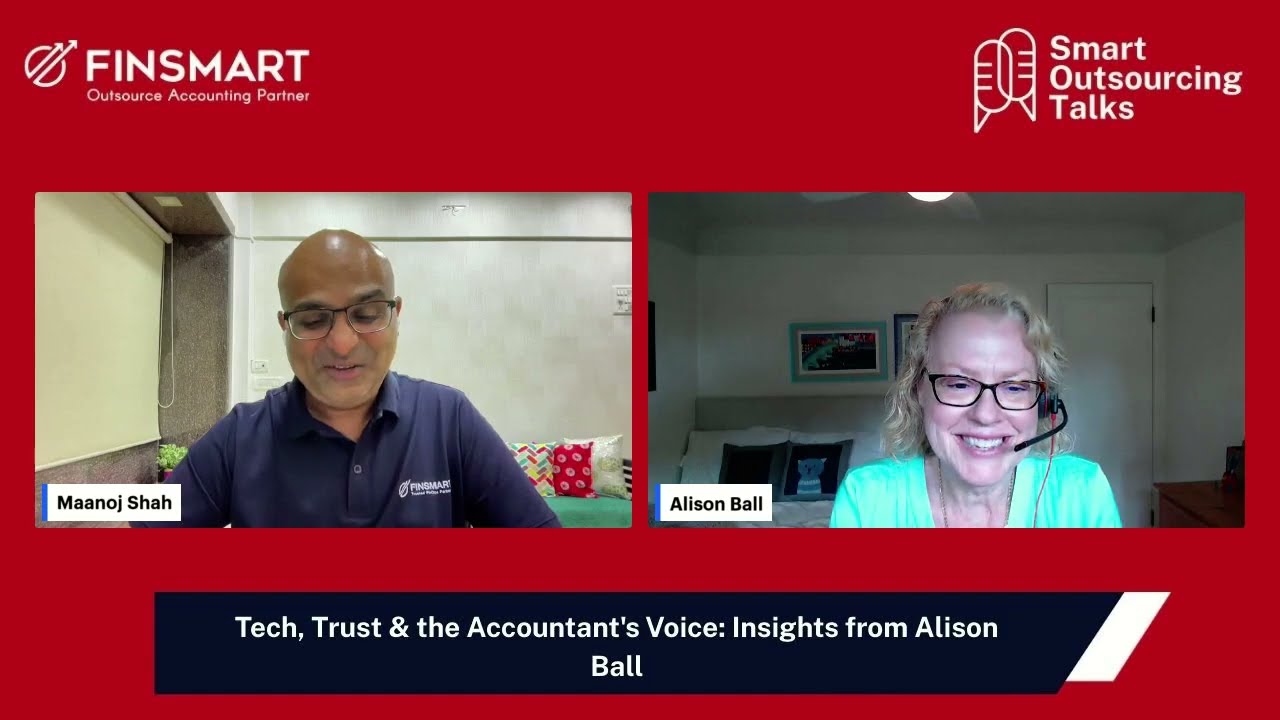Insights on Smart Outsourcing Solutions
Comprehensive Insights, Strategies, and Solutions to Make Smarter Accounting Decisions
Browse topics you care about using category and subcategory filters
Category

Keeping Team Morale High During Busy Season: Virtual Activities & Rewards

AI-Driven Closing: Using Automation to Accelerate Month- and Year-End Close

Balancing Workload During Tax Season: Strategic Offshoring for CPAs

How Accounting Firms Can Reduce Burnout and Build Healthier Teams

Beyond Referrals: How Modern Accounting Firms Build Real Growth Engines

Strengthening Client Communication Before the Holiday Season

Year-End Accounting: Preparing Your Business for a Smooth Holiday Season

Safeguard Your Firm with 5 Cybersecurity Essentials for Offshore Accounting

Have SOPs in Place? Why Is It Not Enough to Ensure Offshoring Success?
Finsmart Solutions

CPA & Accounting FIRM
FINSMART
KNOWLEDGE HUB
Listen, Read & Watch


